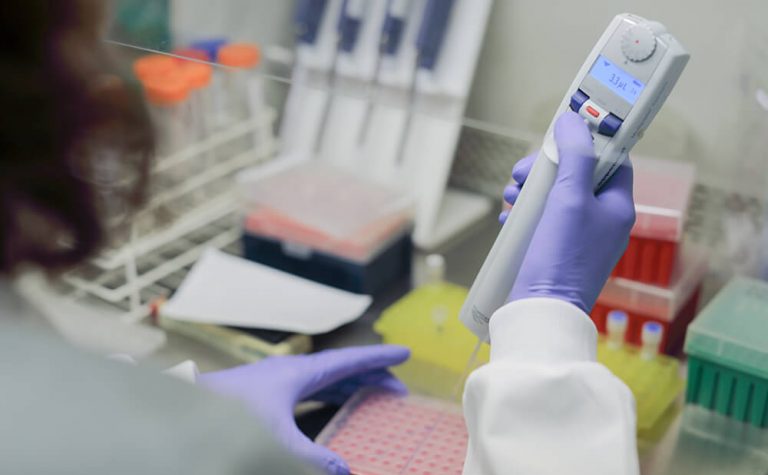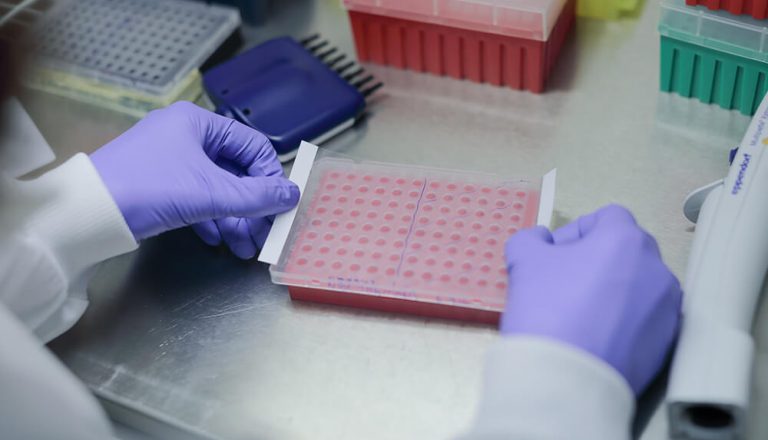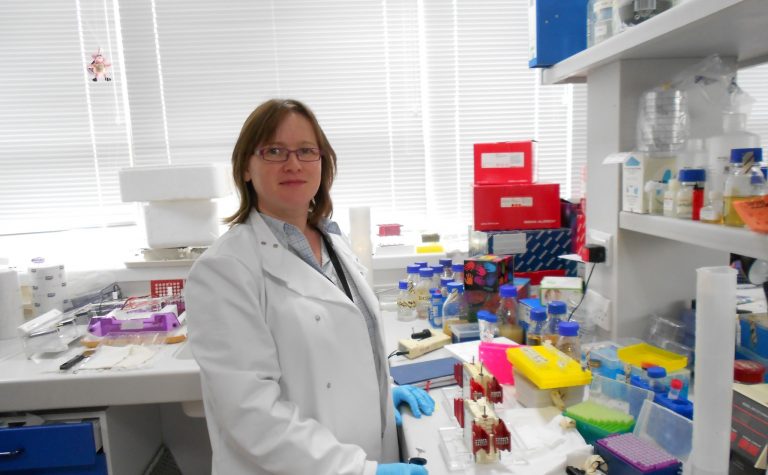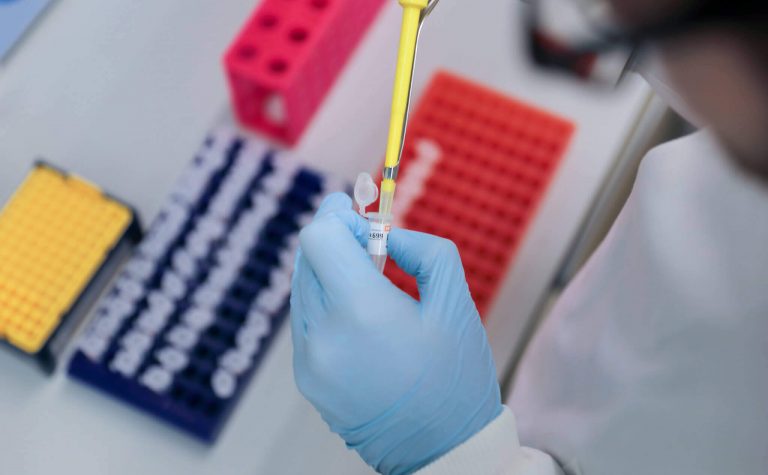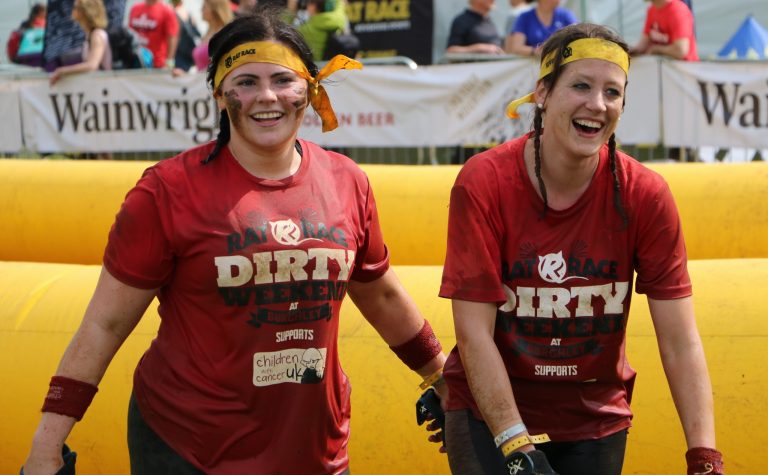Project Details
Project Title
Enhancing immunity against neuroblastoma through the exploitation of antigen-specific T cell co-stimulation receptors
Lead Researcher
Dr David Gilham
Research Centre
University of Manchester
City & Institution Postcode
Manchester, M20 4BX
Start Date
5 November 2013
Duration
3 years
Grant Amount
£183,706
